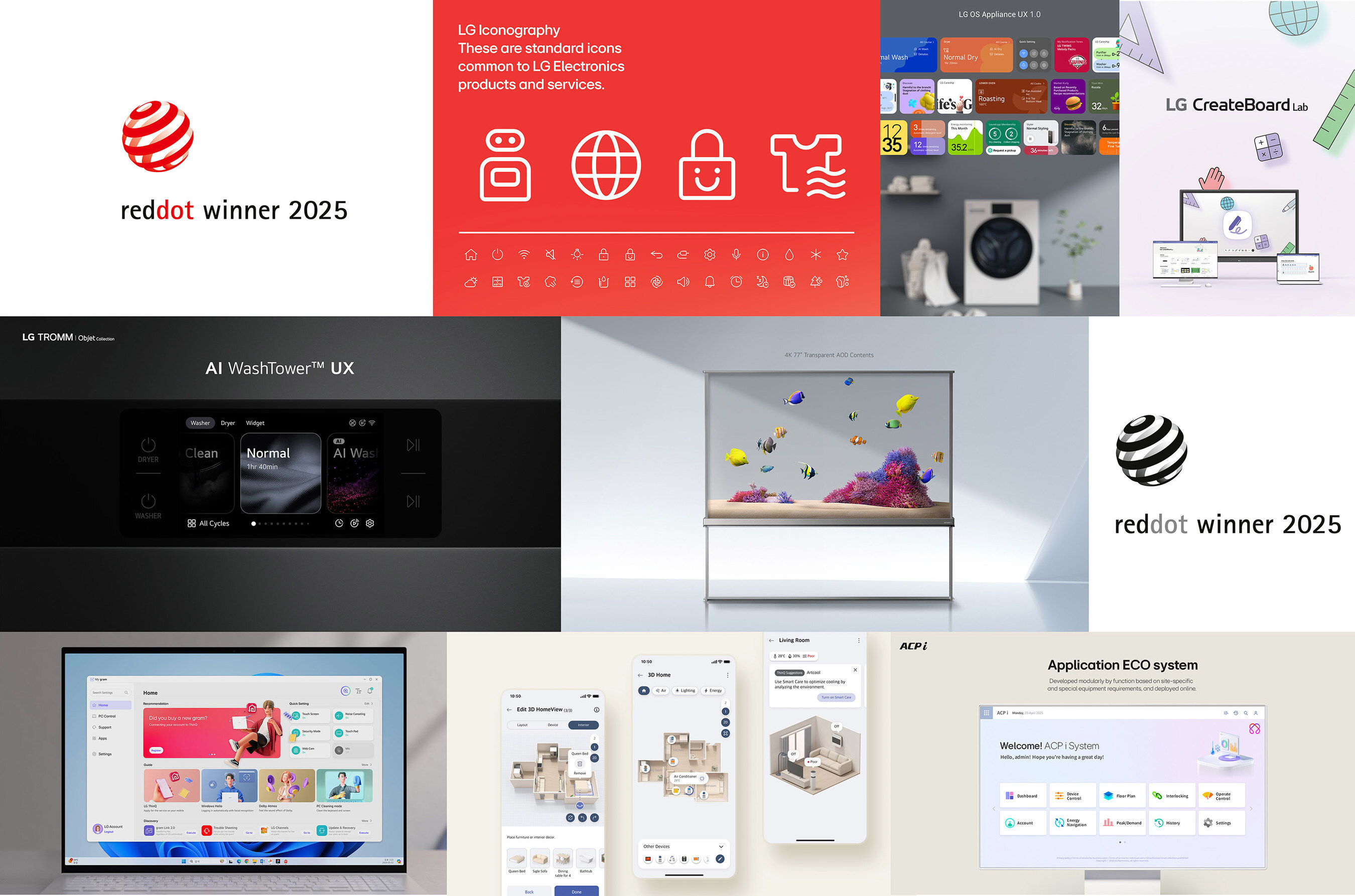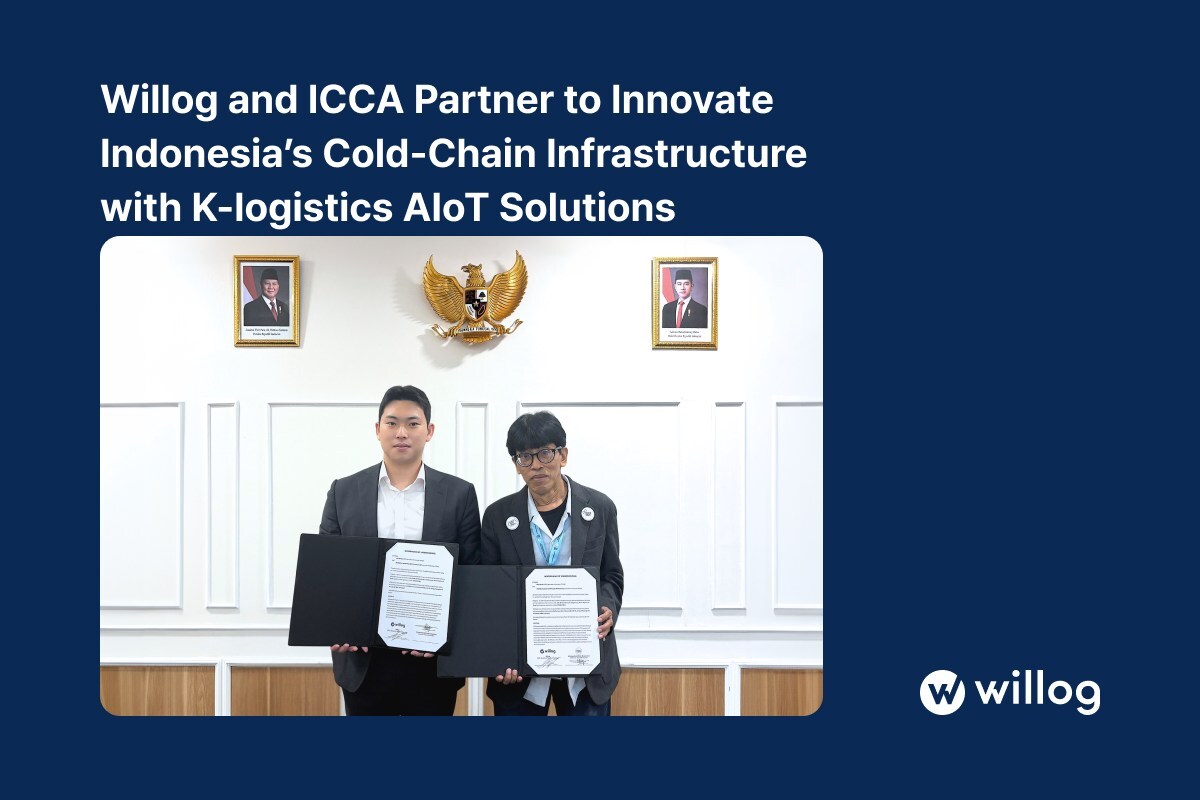AI and Innovation Sprint: A Global Update on Autonomous Security, AI-Driven Commerce, and Smart Infrastructure
Author: Tech News Desk

Across technology sectors from cybersecurity to consumer electronics, the fall of 2025 is shaping a narrative of rapid deployment and cross-disciplinary collaboration centered on artificial intelligence, autonomy, and secure, scalable infrastructure. Companies once defined by product silos are now racing to knit their offerings into interoperable ecosystems where data flows freely and decisions are accelerated by layered AI. In particular, the release cadence is accelerating: not only do vendors push features, they reframe their platforms as open, unifying layers designed to remove friction between security operations, cloud environments, and the broader business process. This shift is evident in Stellar Cyber's Release 6.1, announced in Santa Clara, which the company positions as a milestone in helping customers and partners advance toward a human-augmented autonomous SOC. The emphasis is on visibility, speed, and control—attributes that proponents say are essential to defeating evolving threats in a landscape of increasingly distributed work and data.

Stellar Cyber’s Release 6.1 aims to deliver deeper visibility, faster investigation, and more autonomous response within an open, unified security platform.
Stellar Cyber 6.1 brings a suite of capabilities that build on the platform's architecture centered on Multi-Layer AI. With deeper threat visibility, faster investigation, and more autonomous response options, the update aims to reduce mean time to detect and respond while preserving a human-in-the-loop where it matters most. The company describes the platform as open and unifying, designed to break down silos between security tools, network segments, and cloud workloads. By enabling customers to fuse telemetry from endpoints, identities, and network traffic under a common AI-driven model, 6.1 promises a unified view of risk, easier orchestration of playbooks, and more precise prioritization of alerts. Observers note that the release aligns with a broader market push toward autonomous, human-supervised SOCs that can scale with growing data volumes and attacker sophistication.
Meanwhile, the AI-era is expanding beyond security into the broader arena of commerce, where a wave of collaborations is fueling AI-driven innovation in how businesses operate online. A notable example is a global virtual hackathon organized by commercetools, Stripe, Lovable, and Klaviyo under the banner EcomHack.AI. Held in late September 2025, the event seeks to bring together thinkers, developers, and AI-curious participants from around the world to prototype new commerce use cases, experiment with AI-powered customer experiences, and rethink the business models that underpin digital retail. Boston served as a cornerstone for discussions about scalable AI-enabled storefronts, while online participants collaborated to sketch prototypes that could translate into real-world pilots. The goal is not just clever demos but durable, flexible models that help merchants respond to fast-changing consumer expectations.

Hackathon participants collaborate on AI-driven commerce use cases during EcomHack.AI, a joint initiative by commercetools, Stripe, Lovable, and Klaviyo.
Plume, a leading provider of home Wi-Fi and smart-home services, announced the appointment of Mik Cox—former NASA engineer and startup CTO—as Senior Vice President of Technology Innovation. Cox's track record in IoT, edge computing, and AI-powered systems is expected to help Plume define its next wave of market-defining technology for internet service providers. The move signals Plume's intent to accelerate the integration of secure, intelligent networking capabilities into its cloud platform, enabling operators to deliver smarter, more resilient home networks and smarter edge devices. In a landscape where consumer demand for seamless connectivity is paired with rising security concerns, Cox's leadership is positioned to help Plume translate advanced engineering into practical, scalable solutions.

Mik Cox, former NASA engineer and Ubiety CTO, named Plume’s Senior VP of Technology Innovation to steer next-gen IoT and AI strategies.
On the corporate finance side, Bakkt Holdings announced the appointment of Mike Alfred to its Board of Directors. The company positions Alfred's governance experience and strategic leadership as critical to accelerating Bakkt's mission to redefine what money is and how it moves and trades in the digital era. The appointment reflects broader industry trends where fintech and digital asset infrastructures are undergoing leadership refreshes to align with rapid changes in payments, settlement, and custody. Bakkt's board addition underscores a push toward stronger governance as the company scales its technology platform to meet growing demand for secure, regulated digital asset services and new models for value exchange in an increasingly tokenized economy.
LG Electronics added another chapter to its long-running design leadership narrative by earning a total of 100 accolades across top design awards this year, including Red Dot, iF, and IDEA. The company's sustained emphasis on user-centric design and integrated product ecosystems reinforces a strategy that blends aesthetics with engineering excellence. The recognition spans consumer electronics and broader product categories, underscoring LG's commitment to pushing the envelope on usability, sustainability, and form factor innovation. Industry observers note that such design leadership helps LG differentiate in crowded markets and accelerates consumer adoption of new, smarter devices that seamlessly integrate with other smart home and enterprise solutions.

LG Electronics earns 100 design awards across Red Dot, iF, and IDEA for its innovative product design.
Leadership shifts in tech giants also echoed through Oracle's announcement of promotions within its executive ranks. Clay Magouyrk and Mike Sicilia were named to Chief Executive Officer roles, while Safra Catz stepped into the role of Executive Vice Chair of the Board. The moves, described by Oracle as part of a broader leadership transition, point to a concentrated effort to steer the company's global cloud strategy, platform development, and enterprise applications at a juncture when AI-driven applications and data services are redefining enterprise software. Analysts observe that the leadership rebuild reflects a company leaning into innovation while maintaining governance and an eye toward continued large‑scale customer transformations across industries.

Oracle announces executive promotions as it reinforces its cloud and AI-enabled enterprise strategy.
Beyond software and hardware, the energy and mobility sectors are undergoing a parallel transformation anchored in AI-powered optimization and automation. U Power Limited announced an initial sales agreement with Treep Mobility, a major Peru-based moto-taxi operator, to deploy 52 two- and three-wheeled electric vehicles, eight battery-swapping cabinets, and related batteries built on U Power's UOTTA battery-swapping technology. The program follows a successful pilot in January 2025 and is projected to reduce energy replenishment costs by roughly 30–40 percent compared with traditional fuel-powered fleets. The collaboration illustrates how AI-enabled energy management and asset optimization can unlock significant cost savings while accelerating electrification in dense urban markets with substantial Moto Taxi networks.
On the hardware security frontier, Infineon Technologies and Thistle Technologies announced a collaboration to bolster on-device AI security. Infineon's OPTIGATM Trust M security solution will back Thistle's on-device cryptographic protections, integrated into its security software platform for embedded AI models. The arrangement highlights a trend toward stronger cryptographic assurance for edge AI, where devices operate in distributed environments but still require robust protection against tampering and data exfiltration. Industry observers see this as a practical step toward making edge AI both more capable and trustworthy in mission-critical applications ranging from consumer devices to industrial automation.
Infineon and Thistle Technologies collaborate to secure edge AI with OPTIGA Trust M-backed protections.
Indonesia's logistics landscape is also moving forward with a cross-border collaboration between Willog and the Indonesia Cold-Chain Association (ICCA). The two organizations signed a memorandum of understanding to advance Indonesia's national logistics vision by combining Willog's IoT and AI logistics intelligence with ICCA's cold-chain expertise. The alliance aims to modernize Indonesia's cold chain infrastructure, set new industry standards for temperature-controlled transport, and facilitate more reliable, transparent supply chains across the archipelago. The partnership, supported by a global ecosystem of partners, underscores how AI-enabled logistics and IoT platforms can unlock efficiencies essential to emerging markets while enabling better traceability and responsiveness in critical sectors such as perishables and pharmaceuticals.

Willog and ICCA Indonesia partner to modernize the country's cold-chain infrastructure with K-logistics AIoT solutions.
Taken together, these announcements illustrate a global acceleration of AI-enabled platforms and cross-industry collaboration that is reshaping how organizations secure their operations, transact value, and manage physical logistics. The common thread is a commitment to open, interoperable systems that empower faster decision-making without sacrificing governance, security, or human oversight. While the specifics differ—autonomous security, AI-powered commerce, secure edge AI, or battery-swapping automation—the underlying trend is clear: AI is moving from experimental deployments to integrated, scalable infrastructure that touches every sector. The next 12–24 months are likely to bring further product innovations, more cross-industry partnerships, and a broader set of use cases that combine real-world impact with robust, trusted technology.